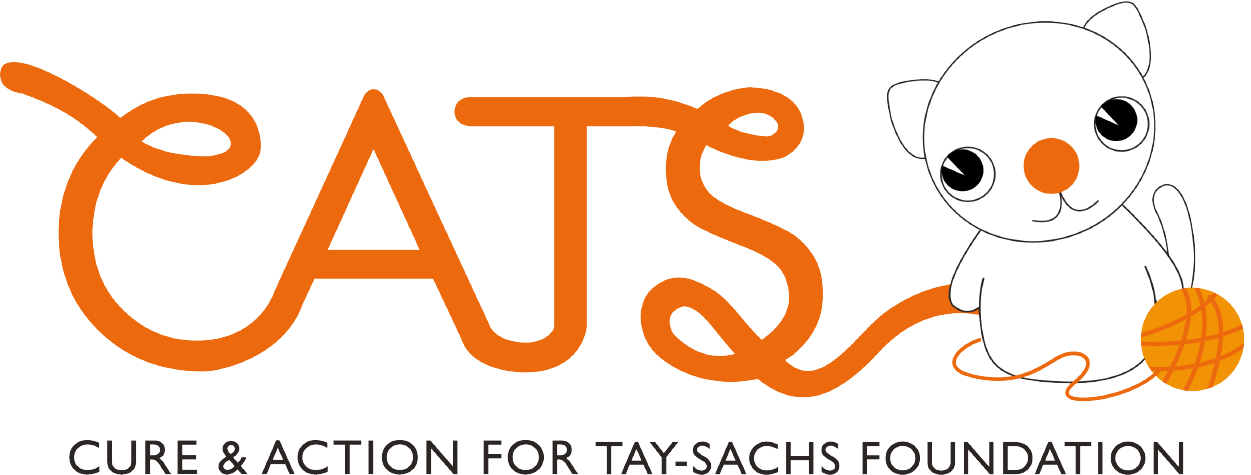Our work
SUPPORT
At the CATS Foundation we provide a variety of services to our families to ensure that they have all the support they need.
RESEARCH
Unfortunately there is no cure or treatment currently available for Tay-Sachs and Sandhoff. Since the charity was founded we been able to lead a huge rise in the research projects investigating the diseases which has seen potential treatment options increase from 1 to over 6 therapies. Although still in their infancy, we are excited by their potential to be effective at managing the symptoms of Tay-Sachs and Sandhoff and also stop the onset of these devastating diseases.
European Tay-Sachs & Sandhoff Family Conference
Every year the European Tay-Sachs and Sandhoff Charity Consortium (ETSCC) holds a Family Conference which brings together everyone across the region affected by the diseases. The CATS Foundation is the founding member of the consortium and has been instrumental in creating similar organisations across Europe.
EACADEMY APP FOR TAY-SACHS AND SANDHOFF
In 2014 The Cure & Action for Tay-Sachs (CATS) Foundation was a winner of the Genzyme Patient Advocacy Leadership (PAL) Awards which has enabled the charity to develop and build the eAcademy for Tay-Sachs and Sandhoff Disease app. The app has been designed for parents and caregivers of individuals with Tay-Sachs or Sandhoff disease and includes information on symptom management, practical advice for a carer and information on the diseases. Each section contains interviews with families who have been a carer for a child affected by Tay-Sachs or Sandhoff disease.
PATIENT REGISTRY
The purpose of the Tay-Sachs and Sandhoff Disease Registry is to facilitate translational and epidemiological research into Tay-Sachs and Sandhoff disease by setting up and maintaining comprehensive clinical databases in partnership with disease-specific research groups. It will facilitate the identification of well-characterised cohorts of patients who will be invited to participate in clinical trials, development of biomarkers, phenotype-genotype correlations, or outcome studies.



